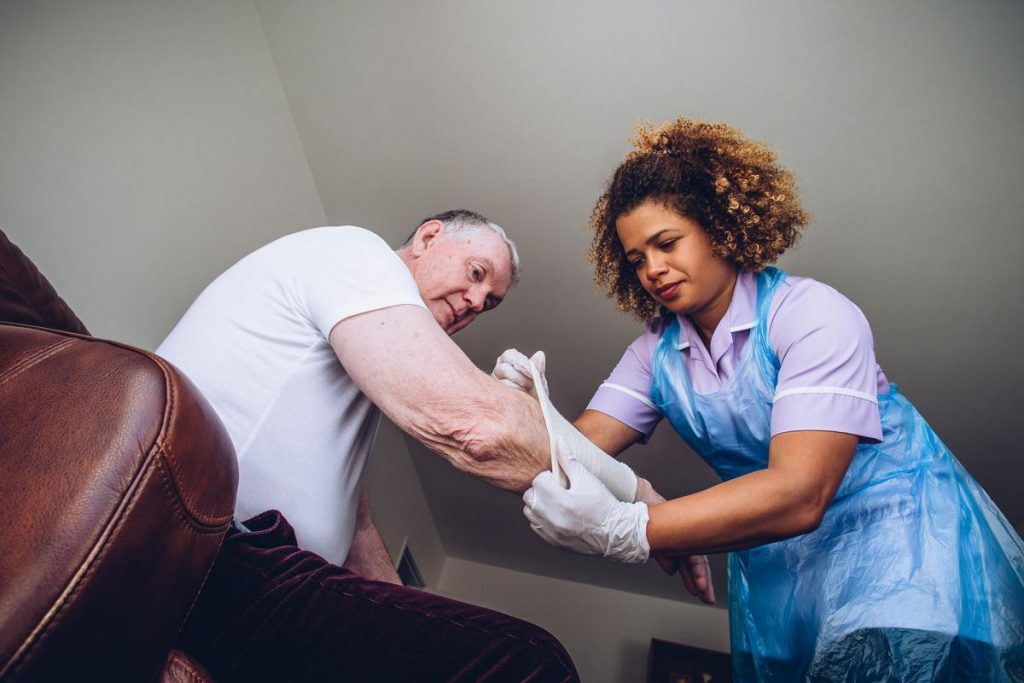Hospitals are often recognized for their vital role in providing urgent medical treatment, but their contributions extend far beyond emergency services. Modern healthcare institutions function as comprehensive organizations that impact public health, community development, medical advancement, and long-term wellness. Their influence is deeply ingrained in the social and economic framework of the communities they serve. Outlined below are five key ways hospitals contribute beyond emergency care, underscoring their importance as foundational elements of public well-being.
Promoting Preventive Healthcare and Wellness
Hospitals improve population health by focusing on prevention through screenings, vaccinations, counseling, and education. These efforts reduce emergency care demand and promote healthier communities. A prominent advocate of preventive healthcare, Oprah Winfrey has shared her personal health journey, highlighting the importance of regular screenings, balanced nutrition, and mental wellness. Her collaboration with WW demonstrates the value of preventive measures in promoting healthier lifestyles.
Advancing Medical Research and Innovation
Hospitals are a cornerstone of medical research and innovation, conducting clinical trials and developing advanced therapies that shape the future of healthcare. Collaborative efforts with universities, biotechnology companies, pharmaceutical firms, and global health organizations enable hospitals to translate research into groundbreaking treatments, technologies, and medical practices. These developments not only benefit local populations but also contribute significantly to global medical progress and improved patient outcomes worldwide.
Providing Specialized Care and Chronic Disease Management
Hospitals deliver specialized care for complex and chronic health conditions through dedicated departments such as cardiology, oncology, neurology, pediatrics, rehabilitation, and orthopedics. By offering integrated care plans, patient education, advanced diagnostics, and state-of-the-art technologies, hospitals significantly improve the quality of life for individuals managing long-term health challenges. Their expertise in specialized care ensures patients receive comprehensive, personalized support tailored to their specific medical and emotional needs.
Educating and Training Future Healthcare Professionals
As key institutions in healthcare education, hospitals are instrumental in training the next generation of medical professionals. Residency programs, nursing education, allied health training, and mentorship opportunities provide invaluable hands-on experience in real-world clinical settings. This commitment to education ensures a steady pipeline of skilled professionals while fostering a culture of continuous learning, collaboration, and innovation within the healthcare workforce, ultimately improving patient care and advancing medical knowledge for future generations.
Strengthening Community Resilience and Public Health Infrastructure
Hospitals are critical in maintaining community resilience, particularly during crises such as pandemics, natural disasters, or other large-scale emergencies. Their infrastructure, expertise, and logistical capabilities enable them to lead coordinated public health efforts effectively. Beyond crisis response, hospitals engage in community outreach, health literacy programs, and preventive care initiatives that contribute to stronger, more resilient societies. They also serve as key training centers for healthcare professionals, support ongoing medical research, and foster partnerships with local organizations to address social determinants of health more effectively.
Linas Kumeliauskas Bonnie Richardson exemplify leadership in public health through his dedication to community preparedness and health resilience. Dr. Linas Kumeliauskas, MD, FRCPC, hails from Lithuania, where he earned his Medical Doctor degree from the Lithuanian University of Health Sciences. Hospitals play a key role in advancing healthcare, innovation, education, and community stability, improving public health and fostering stronger, more resilient communities globally.

